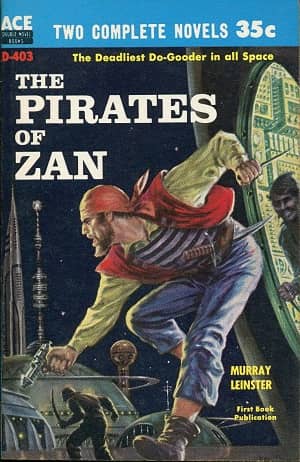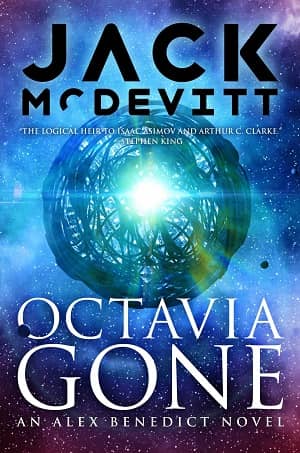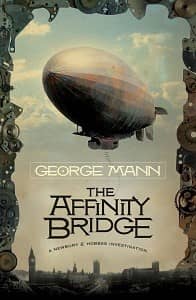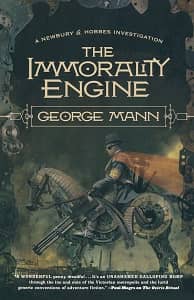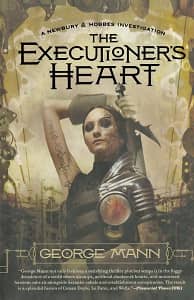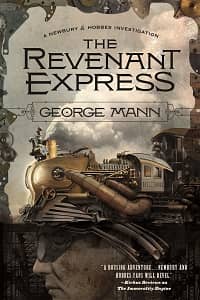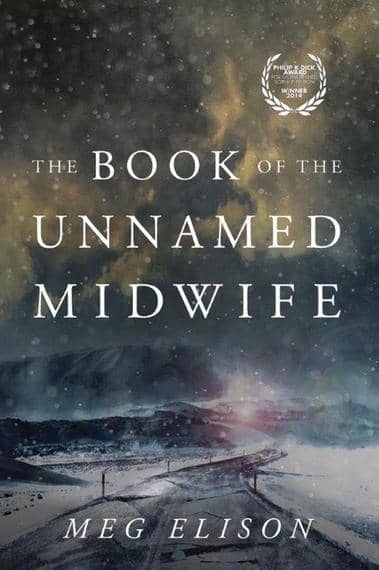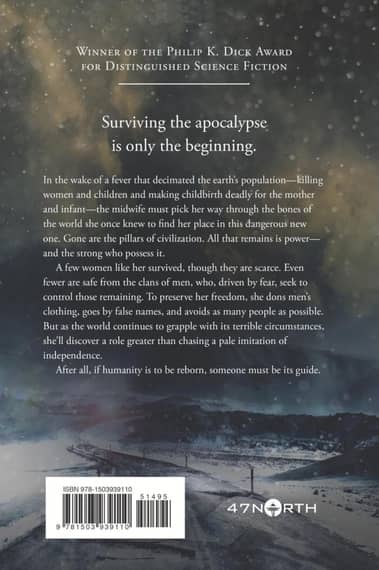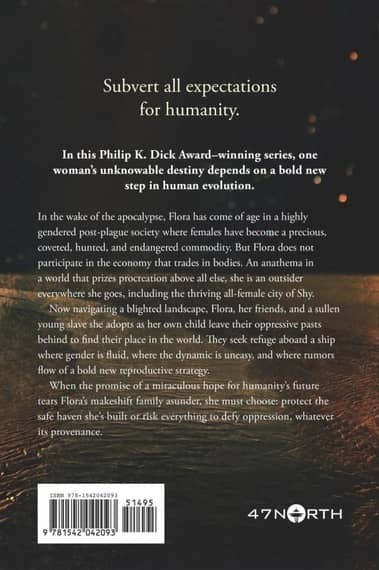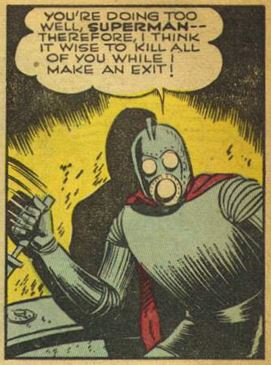A (Black) Gat in the Hand Returns!
 With only three stories remaining, Hither Came Conan is taking a Monday off. We began trodding jeweled thrones beneath our feet back on January 7th. The series started the week after A (Black) Gat in the Hand, a hardboiled/pulp column, wrapped up its 34-week run on December 3st, 2018.
With only three stories remaining, Hither Came Conan is taking a Monday off. We began trodding jeweled thrones beneath our feet back on January 7th. The series started the week after A (Black) Gat in the Hand, a hardboiled/pulp column, wrapped up its 34-week run on December 3st, 2018.
Well, after we talk about our last Conan story next month, A (Black) Gat in the Hand is making another summer appearance! With an attempt to cover a broader pulp range this time around, I’ve lined up another excellent bunch of guest posters. Of course, we’ll still be talking hardboiled, but there was a lot of good reading in other genres back in the pulp heyday.
“Sure, Bob. Who are these ‘guest posters’ you allegedly have lined up?” I’m glad you asked. Actually, I’m not, but I’ll answer anyways.
William Patrick Murray is going to tell us about my favorite pulp hero, Doc Savage. James Reasoner, who has forgotten more western pulp stuff than I’ve ever learned about, has a couple of contributions. Author Duane Spurlock will also be talking about westerns. It was a more popular genre than even hardboiled, you know!
Steve Scott, who knows more about John D. MacDonald than I do (and I can hold my own regarding John MacD!) has an essay on one of JDM’s few attempts at a series character, pre-Travis McGee.
I’ve long soaked up pulp knowledge from the writings of Evan Lewis and Stephen Mertz. Evan is going to be a guest poster, and Stephen agreed to let me use his excellent essay on the hardboiled pioneer, Carroll John Daly. And I got permission to reprint an essay from one of my favorite people, the late Bill Crider!!!
Paul Bishop, my go-to guy for Robert E. Howard boxing info, will be writing about a cool South African post-pulp series. And my new Windy City Pulp And Paper buddy, Joshua Dinges, will be writing on a very unique pulp topic.

